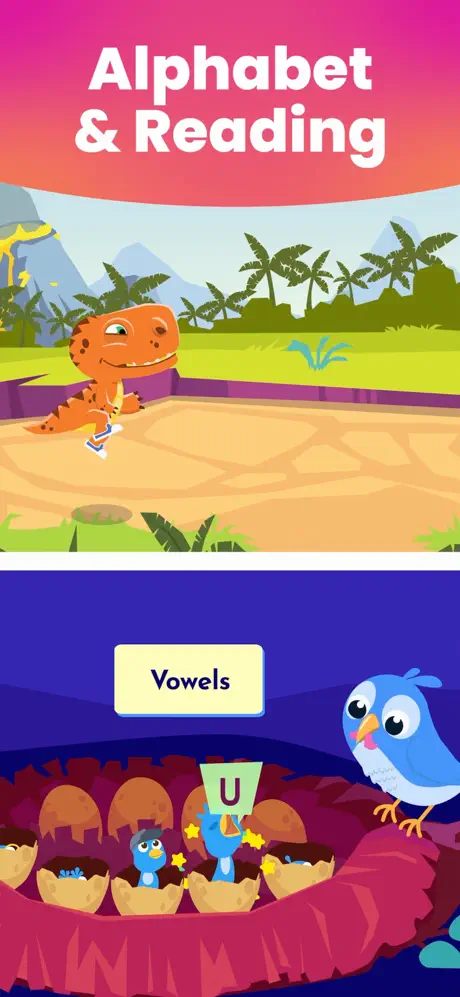How Kindergarten Math Games Improve Early Skills
Early childhood development is crucial. Children explore the world and develop lifelong skills throughout this time. Maths is crucial among these core skills. Math involves pattern recognition, problem-solving, and logic. Creative and engaging arithmetic instruction makes math fun for kids. Kindergarten maths games make learning entertaining and participatory, fuelling children’s curiosity and interest.

Today, there are various preschool and early learning resources. From physical activities to digital platforms like kids learning app and abc learning app, parents and instructors can assist kids learn maths. Math games can boost confidence, creativity, and intelligence in kids.
How Kindergarten Math Games Improve Cognition
In kindergarten, children’s brains are actively developing memory, attention, and reasoning. Since kindergarten math games require children to think, decide, and solve issues hands-on, they develop these skills.
Children are asked to match numbers, shapes, count objects, or solve simple puzzles in these activities. These difficulties increase memory, concentration, logic, and analysis in children. Math and language and thinking are supported by this cognitive growth.
Smart use of digital tools like kids learning apps and abc learning apps can provide age-appropriate exercises that boost cognitive growth and entertain kids. Active animations, acoustic effects, and vibrant graphics keep students engaged and make studying fun.
Math Games Build Social and Emotional Skills
Learners develop social and emotional skills as well as information. Kindergarten math games promote teamwork and communication. When playing board games or using an interactive kids learning app, kids learn to take turns, share, follow rules, and celebrate each other’s triumphs.
Modern Early Learning: Why Digital Tools Matter
The rise of digital tools has changed early learning. High-quality kids and abc learning applications provide interactive, personalised learning at each child’s speed. These apps may assess progress, recognise successes, and provide fast feedback to motivate kids by customising their education.
These applications include arithmetic, literacy, science, and creative play activities. For example, an abc learning app may include counting and letter identification exercises to give kids a complete education.
These digital tools are convenient and accessible for parents, and kids like their game-like environments. Kids learning apps can augment conventional play and help kids learn maths in exciting and effective ways with the appropriate direction.
Early Math Support from Parents
Parents help kids learn maths early on. Parents may assist kids acquire competence and confidence by incorporating maths into daily life and offering access to applications and activities.
Parents can promote math love, acknowledge their child’s achievements, and stimulate curiosity. These supports help kids establish a growth mindset—the conviction that they can improve with practice and effort—which is essential for school and life success.
Smart preschool learning resources and early learning platforms help parents build their child’s future. Through abc learning apps, kids learning apps, or simple home-based activities, maths should be engaging, accessible, and natural.
Conclusion:
Kindergarten math games help kids master early skills and succeed in life. Beyond numbers and operations, they enhance cognitive, physical, social, and emotional development. Playful activities build confidence, resilience, and curiosity, which will help kids excel in school and life.
Today’s tools—from hands-on games to kids learning apps and abc learning apps—can help parents and educators build interesting and successful preschool learning settings. Math games help kids perceive math as fun and important in their daily lives.
Finally, we want every child to love learning and realise that maths is fun and exciting.

